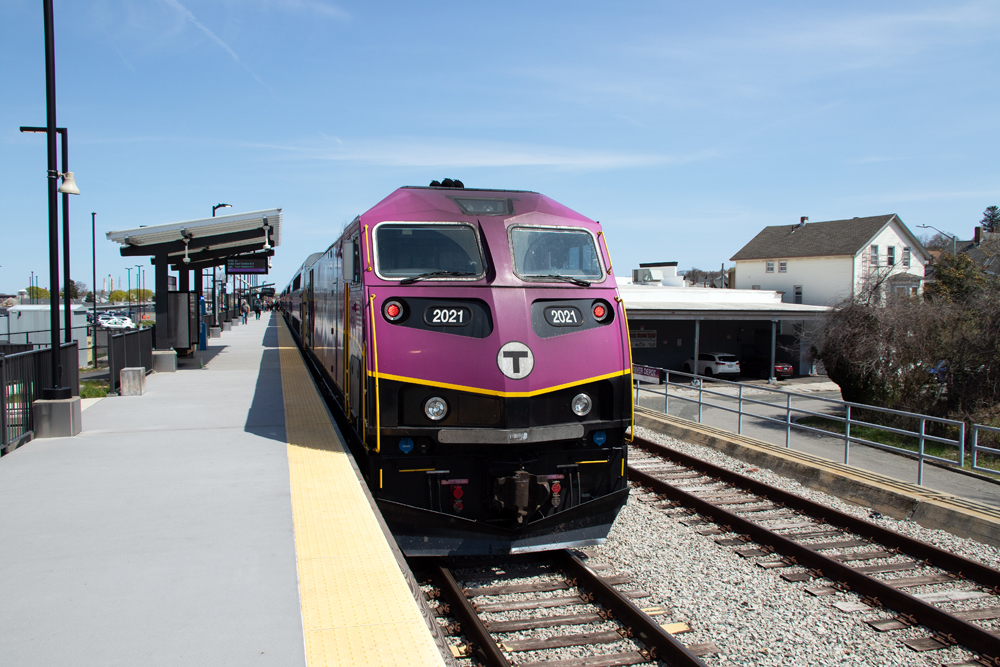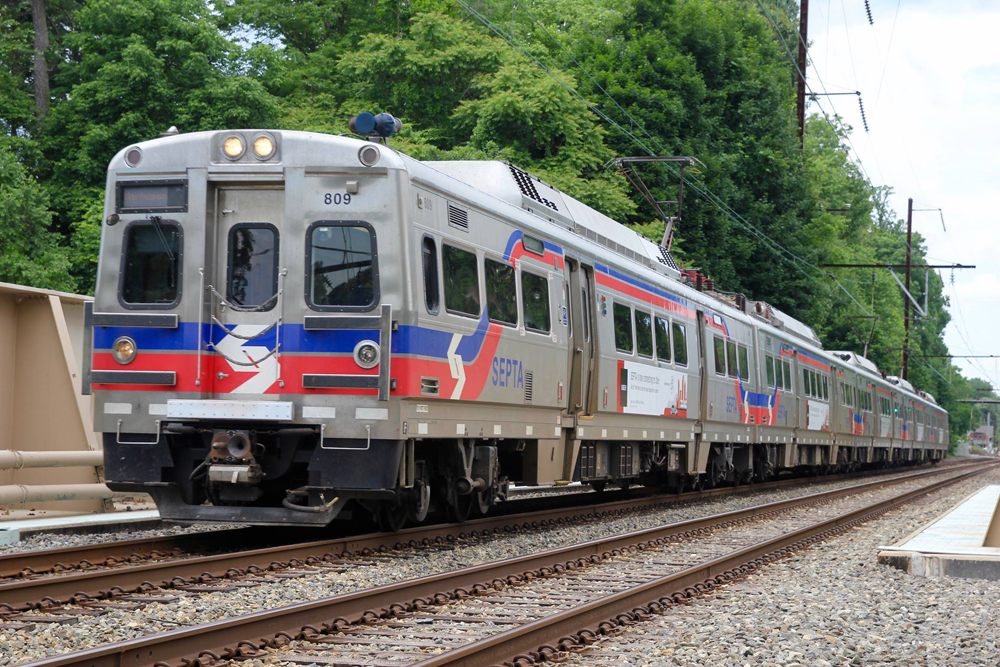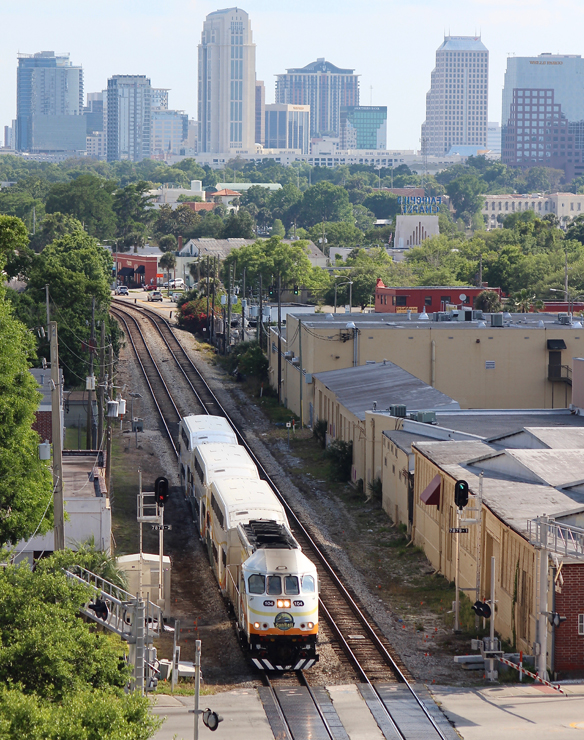
“At BNSF we really saw our demand pick up about 30% in some of our key hubs – at Hobart in Southern California, Alliance, Texas, and in Chicago,” BNSF Chief Operating Officer Katie Farmer said on an Intermodal Association of North America webcast today. “As you can imagine, we quickly moved to position resources to be able to handle that increase.”
BNSF was short of people and equipment in Southern California and last month had to resort to limiting capacity at its Hobart terminal in Los Angeles and diverting some traffic to its terminals in San Bernardino and Barstow, Calif.
The railroad flew support personnel from Chicago and elsewhere to its terminals in Southern California, Farmer says.
BNSF also pulled miles of intermodal wells and hitches out of storage and rushed them to Southern California, where domestic intermodal volume spiked as retailers in Texas, the Midwest, and elsewhere sought to refill store shelves and distribution centers with inventory held in Los Angeles area warehouses.
“We’ll be 100% out of storage here before too long,” Farmer says of intermodal equipment that was parked during the pandemic-related volume downturn.
“We worked very hard to get baretables and empty equipment out to the West Coast because we recognize that’s a load coming back,” Farmer says.
BNSF also added drayage support and parking spaces to help handle the surge in California. The terminal restrictions have been lifted.
“What I would tell you is we have turned the corner relative to trying to catch up…with that demand,” Farmer says, noting that intermodal volume out of Southern California now resembles the typical fall peak.
The spike in less-than-truckload, e-commerce, and parcel volume followed a dramatic decline in intermodal traffic that began before the pandemic hit the U.S. in March.
Extended production shutdowns in China due to the coronavirus pandemic curtailed exports to the U.S. and railroads’ international intermodal volume. Then, once Chinese plants resumed production, pandemic-related shutdowns in the U.S. curtailed consumer demand, which hit both international and domestic intermodal volumes.
BNSF has seen automotive shipments rebound to 80% to 90% of what they were prior to the pandemic and the shutdown of North American assembly plants in April and May.
BNSF’s energy-related traffic – including crude oil, refined products, steel pipe, and frac sand – remain at low levels due to the crash in commodity prices and demand. Other carload segments, however, are seeing volume recover, including construction materials, plastics, and building materials.
The railroad’s agricultural shipments were largely unaffected by the pandemic, and BNSF is expecting strong export volume through the end of the year.
Coal is in the midst of a structural change, Farmer says, with volume down significantly due to low natural gas prices and lower overall demand for electricity, partly due to a relatively mild summer.
Amid the pandemic, BNSF continues to follow social distancing and other guidelines set by the Centers for Disease Control and Prevention. Early in the pandemic BNSF’s dispatching staff was split between the railroad’s Network Operations Center in Fort Worth and a backup center. “We will operate that way for the foreseeable future,” Farmer says.
She praised BNSF’s operations employees for coming to work every day and continuing to keep the railroad and the U.S. economy moving. “Our frontline workers are heroes. And what they’ve done over the last couple of months makes a big difference to this country,” Farmer says.













